World Radio Day: We All Must Support Sonam Wangchuk’s Appeal to Save His ‘Friend’
"Radio Leh for nearly 50 years has been the voice and conscience of Ladakh," writes the Ladakhi innovator. Here's how radio has made all the difference in our nation!
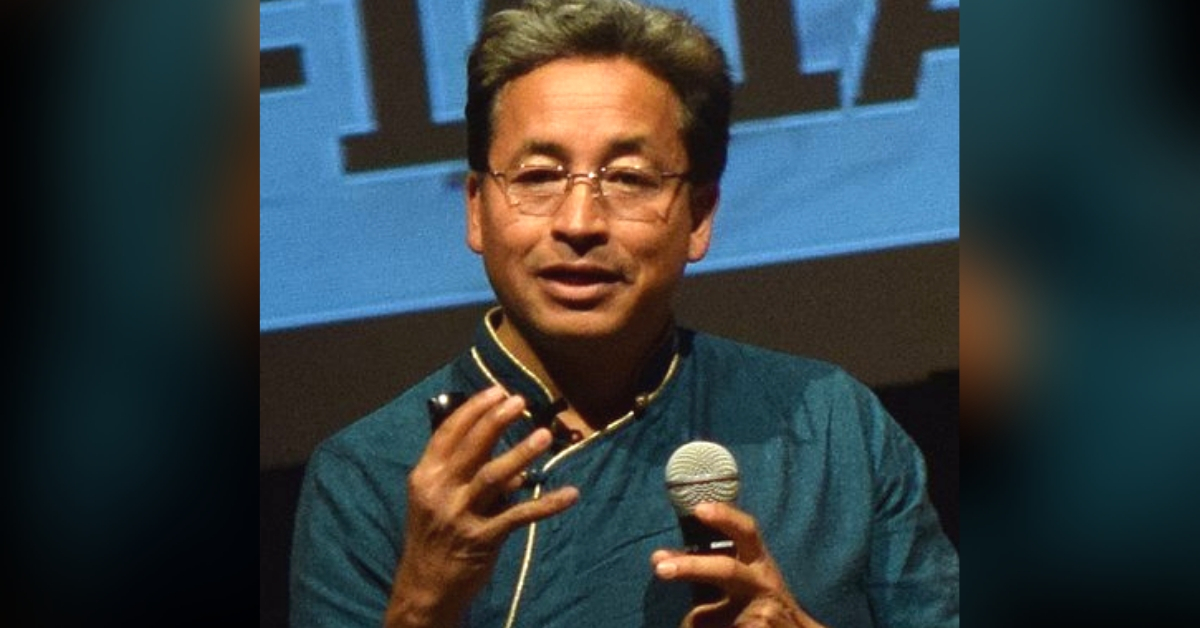
Before the era of multimedia, the world tuned the radio for its daily dose of news about politics, sports and entertainment. From iconic moments in Indian history—like when we won the independence or the World Cup for cricket for the first time—radio was essential and for some, the only source of information.
In the race of technological advancement, the radio lost out to the television and almost wiped out by the World Wide Web. The cursor of the developed world may be stuck on the internet—with the radios having been shelved forever, many remote areas in India still rely on the good-old radio for vital news and information.
One such place is Leh (in Jammu & Kashmir) where limited connectivity is the primary reason why the radio is more reliable than the net.
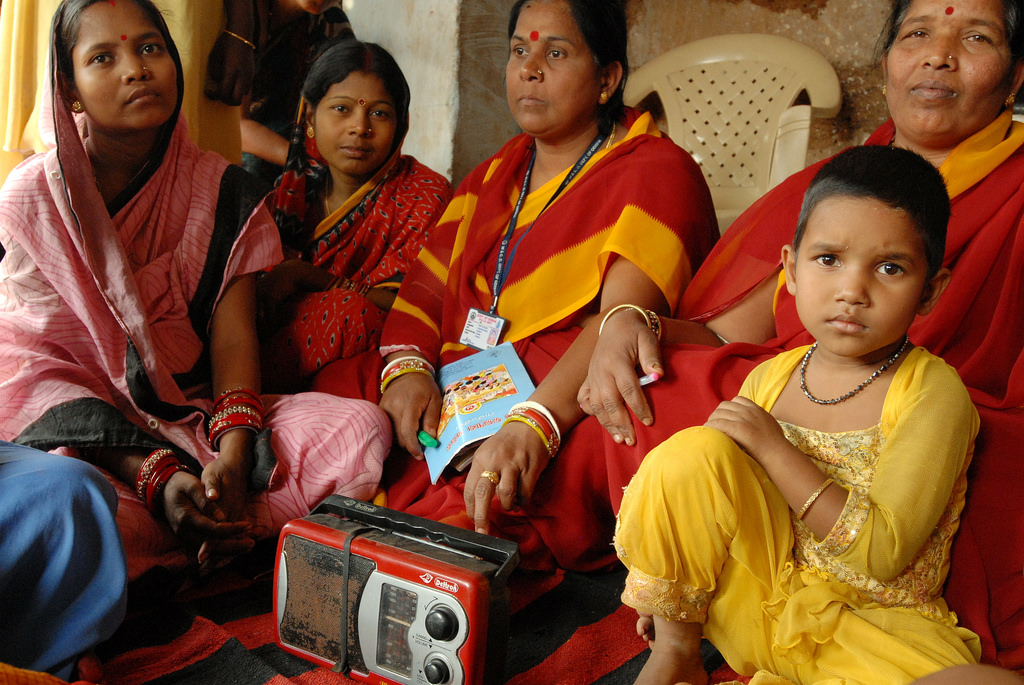
In this mountainous region, the All India Radio Leh has a special place in the lives of the people. It is one of the primary threads tethering them to the outside world—relaying programs on education, worldwide news and entertainment. Radio Leh is a valued ally for the citizens of Leh who are worried about the idea of losing their childhood friend and mentor due to neglect and competition by other sources of communication.
Sonam Wangchuk, a crusader for the dying Radio Leh, is reaching out to people in his attempt to save it.
On this World Radio Day, the award-winning innovator and education reformist has taken to Facebook to appeal to his followers to save the ‘life of his friend’.
“Most of my education happened not in great schools or universities but through [the radio],” says his social media post. “Radio Leh is the medium that for nearly 50 years has been the voice and conscience of Ladakh. This is the medium that brought all the regions of Ladakh together and educated and entertained us . . . helping us reflect upon our own cultural diversity, traditional wisdom and our rich folk traditions, apart from national integration and current news and views.
Thanks to this medium our language survived and thrived this long despite our exposure to all the modern forces…”
Wangchuk further emphasises that the Air India Radio (Leh) is losing its charm in the region-not because people are not tuning in anymore instead due to the shortage of staff, outdated equipment and the absence of a station director that is costing the radio its life. As a result, he says, the avid radio listeners have switched to listening to Radio China International that gets much better reception than the All India Radio!
“And while All India Radio Leh is moving towards death, Radio China International has continuously enhanced its power and content quality, so much so that sometimes Ladakhi villagers learn their Hindi and even news and views about India through Radio China,” Wangchuk says.
This trend has lent a sense of urgency to Wangchuk’s appeal. He has requested his followers and friends to help him revive his dying ‘friend.’ You can read the post here to know how you can help him.
Meanwhile, here are five instances where the humble radio was instrumental in improving the lives of India’s isolated communities, women and the underprivileged
1. Addressing the issues of people in Mewat, Haryana.
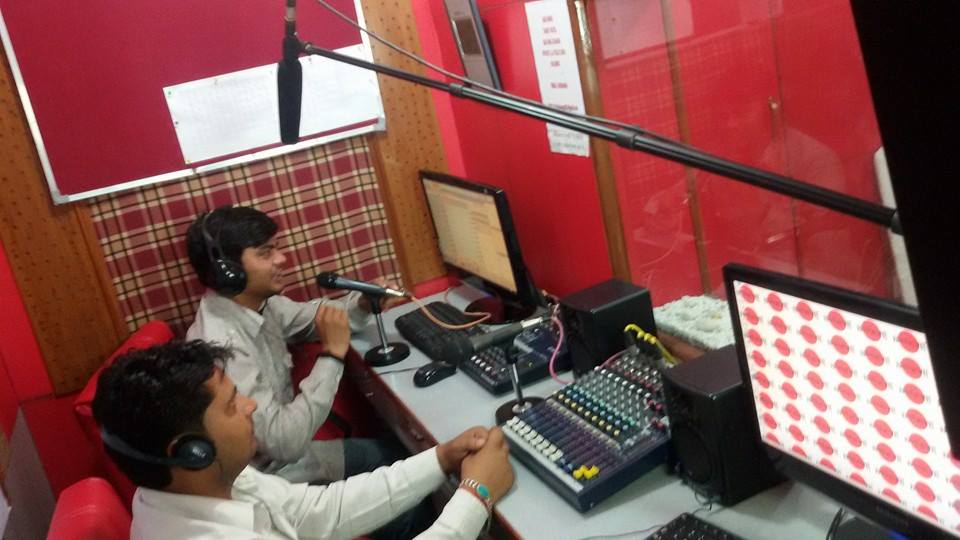
It could be anything—from a shopkeeper charging more than the Market Retail Price (MRP) or information about diseases—Radio Mewat has all the answers to people’s queries. Ignored by the state authorities, the problems of the people of Mewat were being blatantly ignored. Perhaps this apathy of the government motivated Archana Kapoor to launch the radio station with the sole aim of helping Mewat.
Speaking about the impact it has had, Kapoor says, “People are getting information which they never had access to . . . the administration has become an integral part of the station as repeated demands from the community and airing of grievances have forced them to provide answers. Transparency in governance has increased. Panchayats have been made more accountable. For the first time in the history of Mewat, Gram Sabhas were held. This happened only after a sustained intervention through the community radio station.”
Intrigued by how a simple radio station can help an entire community? Read the story here!
2. Sarthi Jhalak- a community radio run by rural Karnataka women
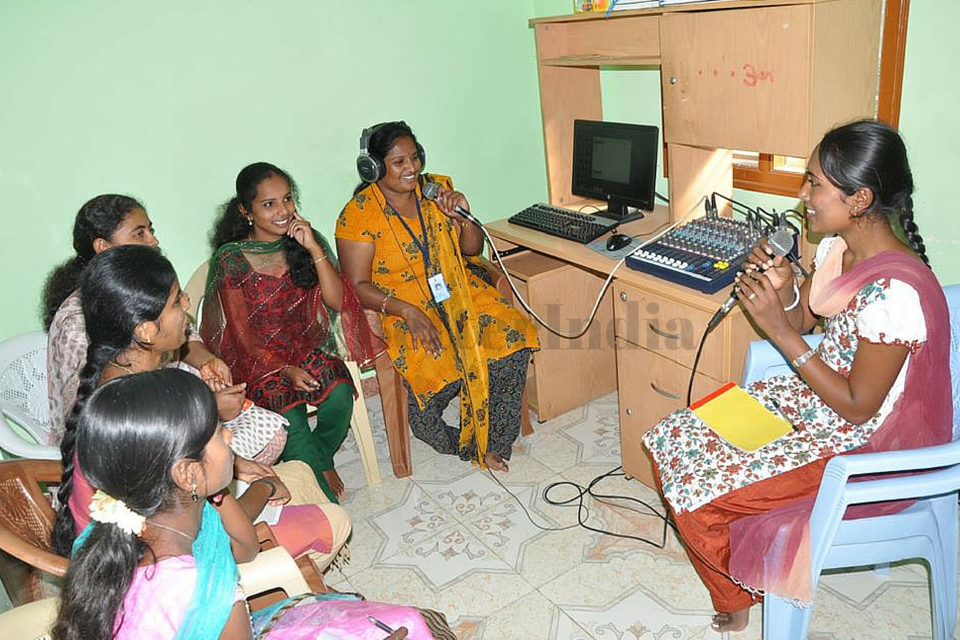
Much like its Mewat counterpart, Sarthi Jhalak, a radio station in Anugondanahalli village, Karnataka, is all about educating the local community about personal hygiene, environment, legal issues and social welfare, among other topics. The broadcast that runs between 6 and 10 am every day has a loyal fan following in the local communities.
DS Shamantha started the programme in 2012 and today, the radio broadcast has become an integral part of the village communities who not only get the answers to their problems but also get to share their feelings.
With a listener base of nearly a million people, Sarathi Jhalak is a beautiful example of how the radio can not only knit communities together but can also be the perfect platform for them to understand and tackle the daily issues they face. You can read the entire story about its journey and impact, here.
3. Ladakh’s ‘first doctor’ who used the radio to reach out to people
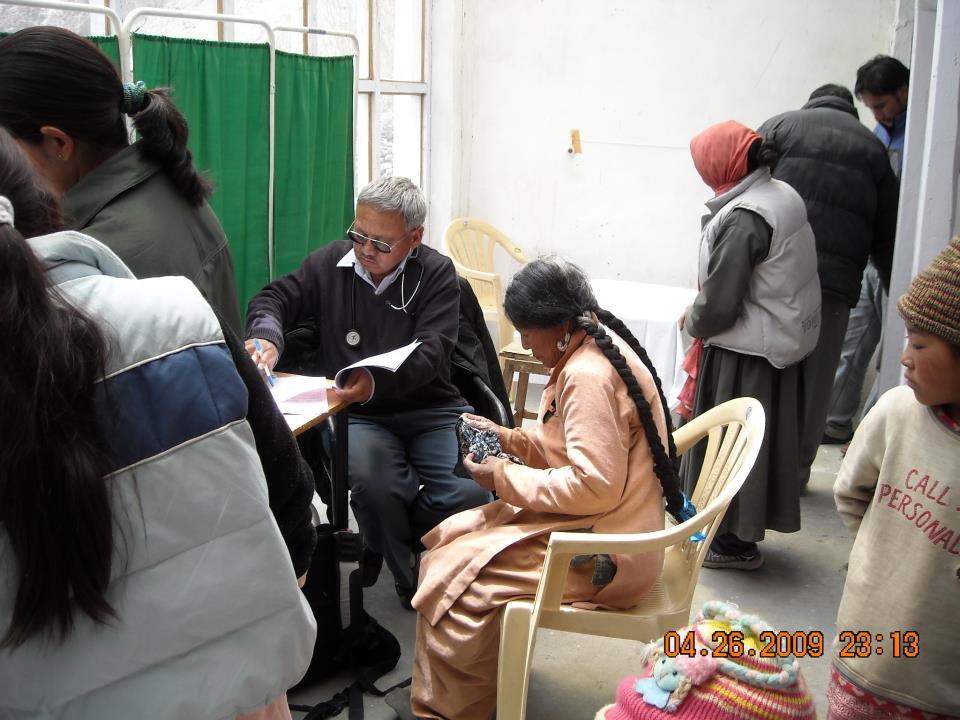
When Dr Tsering Norboo, a general physician and a Padma Shri awardee, started his practice in Ladakh, he realised that many older adults were losing their lives to cardiac arrests. Upon further research, he discovered that about 90 per cent of them had been regular smokers since the 1940s. Dr Norboo immediately sought to spread awareness among the masses about the ill-effects of smoking and chewing tobacco. And to do so, besides other mediums, he took the help of All India Radio.
You May Also Like: #IconsOfIndia: Murphy Radio & the Baby That Got All of India Glued to News!
“I started this initiative called Ladakh Action on Smoking and Health (LASH) to tackle the menace of tobacco smoking in 1988. I played a leading role in reducing the prevalence of tobacco smoking in Ladakhi men from 42 per cent in 1988 to 8 per cent in 2010 across urban areas and nearby blocks,” he tells The Better India.
You read all about his incredible journey here.
4. Empowering the women of Uttar Pradesh through Community Radio (CR)
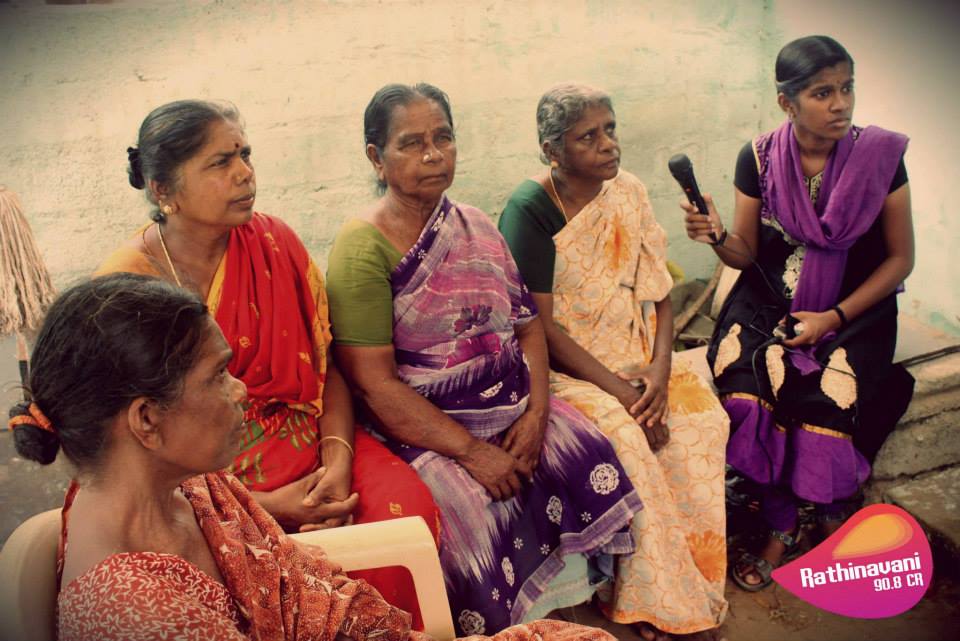
“We, as an organisation, always wondered why the communities themselves did not own the tools for creating knowledge and communication. And about a decade ago, it also began to worry us that media is largely owned by corporates. Till the proliferation of the internet, and even now, if you look at it, there are only certain people who have a voice,” says Venu Arora, the executive director at Ideosync Media Combine.
This is the reason why they wanted to spread awareness about community radios and the importance of enabling communities to own and run the radio stations themselves.
Teaching the communities how they can operate a mass media station, the organisation is empowering its women to be self-sufficient and independent. It is through the radio that the Uttar Pradesh women are learning new things and engaging in community dialogue. Read here how this small radio station is changing the lives of hundreds of women.
5. Kerabai- the sheepherder who also runs a radio show!
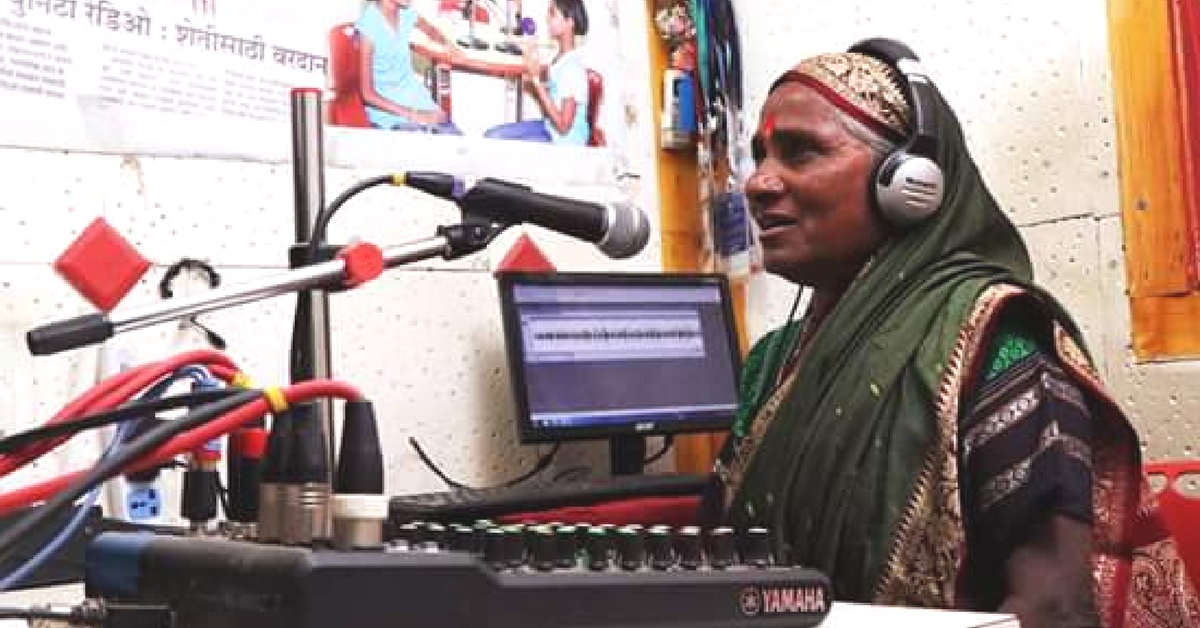
The farmer grew up listening to Marathi songs that her mother sang at home and while working on the field. While Kerabai growing up, she faced many challenges—sometimes long droughts that destroyed her crop and sometimes the nomadic years that she spent herding sheep.
But through this all, Kerabai kept up her passion for singing—from lullabies crooned to her children to humming to keep herself entertained while working in the fields.
You May Also Like: By the People, For the People: 5 Awesome Community Radios That Are Giving Voice to the Voiceless
Today, she does not sing only for herself. Instead, after having toiled in the fields, she goes to the Mann Deshi Radio station to record her bit for the villagers to listen! A story of empowerment and inspiration, you can read about Kerabai here.
These stories help us understand the valuable role radio can play in lending a voice to the communities that go unheard and offers them the satisfaction of being heard. It is time for us to give our support to this mode of communication of the people who feel cut off from the world.
(Edited by Saiqua Sultan)
Feature image source: Wikimedia Commons.
Like this story? Or have something to share? Write to us: [email protected], or connect with us on Facebook and Twitter.

Similar Story
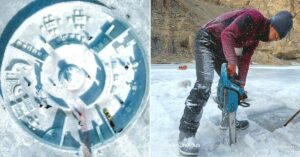
A Cafe, A Snow Leopard & More: Inside Ladakh’s Unique Ice Sculpture Exhibition
Earlier this year, the Kangsing Snow and Ice Sculpture Association organised the Ladakh Snow and Ice Sculpture Workshop 2022 in Chilling valley, along the frozen Zanskar River–a ‘first of its kind’ workshop in India.
Read more >
If you found our stories insightful, informative, or even just enjoyable, we invite you to consider making a voluntary payment to support the work we do at The Better India. Your contribution helps us continue producing quality content that educates, inspires, and drives positive change.
Choose one of the payment options below for your contribution-
By paying for the stories you value, you directly contribute to sustaining our efforts focused on making a difference in the world. Together, let's ensure that impactful stories continue to be told and shared, enriching lives and communities alike.
Thank you for your support. Here are some frequently asked questions you might find helpful to know why you are contributing?


This story made me
-
97
-
121
-
89
-
167












